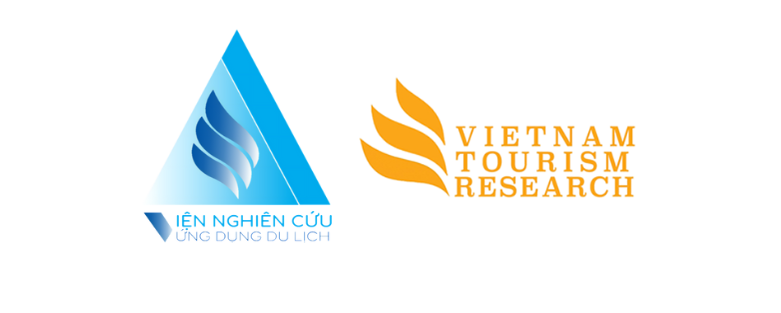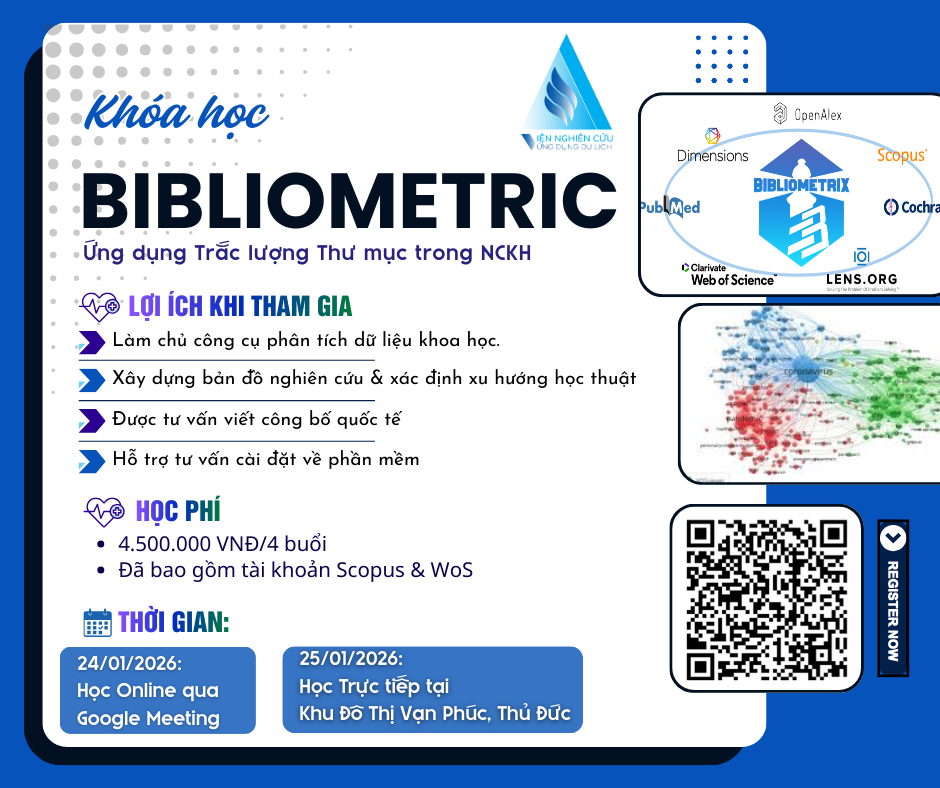This post is also available in:
Tiếng Việt (Vietnamese)
Nestled peacefully in South Shan State, Myanmar, Samkar Lake is not only a rare natural treasure but also the site of one of Southeast Asia’s most exemplary community-based tourism (CBT) initiatives. Along the eastern shore of the lake, a sustainable tourism project is taking shape—one that harmoniously integrates cultural values and the conservation of indigenous resources.
Cultural Diversity and Inter-Ethnic Cooperation
The CBT project in Samkar engages three major local ethnic groups: the Pa-O (Pehoe), Shan, and Intha communities. This inter-ethnic collaboration is foundational to preserving cultural diversity and fostering solidarity in using tourism as a vehicle for economic development.
Activities are distributed across various villages—from Humble Loco and Santa village (the central hub), to Kanta Yoboo, Lankan, Tigger, and Tonka. Notably, much of the visual documentation was captured in Kanta Yoboo and Kanta, where unique tourism experiences are actively being developed.
Innovation from Tradition: Distinctive Tourism Products
The project emphasizes tourism offerings that celebrate local identity and unspoiled nature:
-
Bamboo Rafting: Handcrafted bamboo rafts built by the Kanta community using locally sourced materials offer a tranquil, immersive experience on the lake. More than just an activity, this represents the spirit of cooperation and creativity rooted in the community.
-
Ox-Cart Rides: A revival of traditional transportation redesigned for tourism. These ox-carts are equipped with roofs and aesthetic embellishments, allowing travelers to enjoy a “journey into the past” with comfort—embodying a responsible tourism approach.
-
Heritage Tours and Community Lodging in Tonka enable visitors to delve into local history and culture through meaningful, authentic engagement with residents.
-
A Community Catering Centre and cooking demonstrations at Samkar’s Phi Market serve as vibrant intersections of local cuisine and warm hospitality.
Women as Pillars of Community Tourism
One of the project’s most impactful aspects is the active participation of women in core tourism activities. From crafting artisanal soap products in Kanta Yoboo to leading culinary services at Phi Market, women play key roles in both the operational and creative dimensions of tourism. These activities not only contribute to household income but also empower women as agents of sustainable, inclusive development.
From a Small Village to a Regional Model
Samkar’s community-based tourism initiative is emerging as a regional benchmark for sustainable tourism in Myanmar. Every product and service reflects a careful balance between conservation and development, between human livelihoods and ecological integrity.
Importantly, the community is not a passive beneficiary but an active protagonist—involved in ideation, implementation, and service delivery. This bottom-up approach affirms that when given the right tools and autonomy, local communities can lead transformative change in tourism development.









